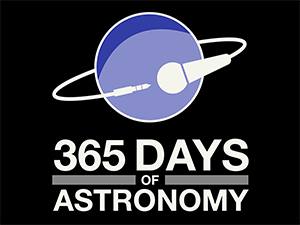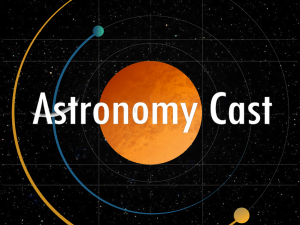
Since black holes of different sizes produce gravitational waves of different frequencies, observing runs by the LIGO and VIRGO gravitational wave detectors are allowing us to build up a census of what size black holes are out there merging.
During the most recent observing season, a record-breaking 39 mergers were detected thanks to improvements in the detectors; these are the improvements that we have previously discussed that make the detectors so sensitive they detect the quantum noise in the systems forty-some-odd kilogram mirrors. While we don’t normally cover work that hasn’t yet gone through peer review, we want to discuss this because the LIGO-Virgo team has posted all their results and their submitted papers online so that other researchers can use these observations to test their work and advance their theories.
According to team member and graduate student Daniel Wysocki: This catalog represents a significant increase in sample size from our previous release. It’s like a census that provides data for people to see if their physical models are consistent with what happens in the universe. This has implications for general relativity, the physics of stars, and the behavior of matter at energies that aren’t possible in a terrestrial laboratory. Down the line that can really help us change our understanding of things on Earth.
With the addition of these 39 objects, our list of gravitational wave detections totals fifty. It’s not a statistically well-sampled population, but it is working its way in that direction.
More Information
Northwestern University press release
University of Portsmouth press release
Rochester Institute of Technology press release
“Population Properties of Compact Objects from the Second LIGO-Virgo Gravitational-Wave Transient Catalog,” R. Abbott et al., submitted to the Astrophysical Journal Letters, 28 October 2020. (preprint on arxiv.org)
“GWTC-2: Compact Binary Coalescences Observed by LIGO and Virgo During the First Half of the Third Observing Run,” R. Abbott et al., submitted to arxiv.org, 27 October 2020. (preprint)
“Tests of General Relativity with Binary Black Holes from the Second LIGO-Virgo Gravitational-Wave Transient Catalog,” R. Abbott et al., submitted to Physical Review D, 27 October 2020. (preprint on arxiv.org)



